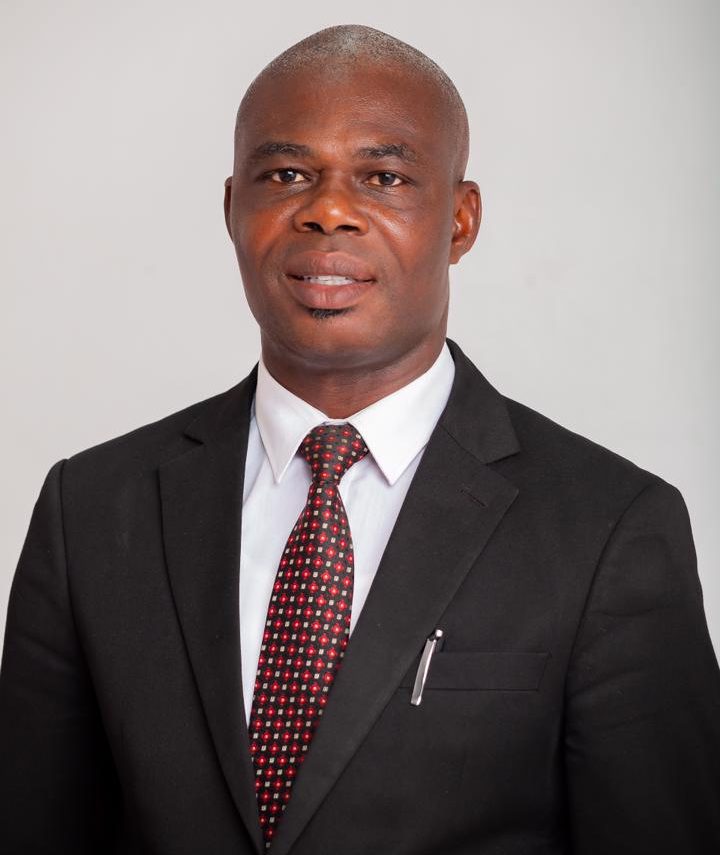An economist and lecturer at the Wisconsin International University College, Dr. Samuel Worlanyo Mensah, has expressed concerns about the slight increase in Ghana’s inflation rate for November 2024, describing it as a troubling signal for the nation’s economy. He emphasized that the rise in inflation points to higher costs of doing business increased living expenses, and a declining standard of living.
The Ghana Statistical Service (GSS) at a press conference in Accra on December 4, 2024, announced that November’s inflation rate increased slightly to 23% from October’s 22.1%. The increase was driven by rising prices of certain food items over the past month.
The GSS report also revealed food inflation for November 2024 decreased to 25.9% from 28.8% in October, while non-food inflation dropped to 20.7% from 21.5%.
In an interview with Univers Business, Dr. Worlanyo Mensah highlighted the consequences of the increase in the inflation rate. He pointed out that rising inflation often leads to increased loan interest rates, discouraging both local and foreign investments.
“I think fundamentally any rise or an increase in inflationary rates will definitely send a signal that the cost of doing business is high, cost of living is high, and it is also a signal that the standard of living is falling. It is not a positive signal as far as the investor and business community is concerned.”
“It also means we have not been able to champion more of productivity in terms of exports, but we continue to import more so there are volatilities as far as the product development is concerned. I believe that this is a very serious signal once we have seen the increase in the inflationary rates because it sends a strong signal that interest on loans will also increase and that may also invariably affect investor confidence.”
Dr. Worlanyo Mensah warned that sustained high inflation would lead to increased costs of raw materials and inputs, which in turn discourage productivity and investment. These challenges he believes could undermine the socio-economic development and weaken the local economy.
“Once we have a higher level of inflation, meaning that even cost of raw materials and inputs will be very high, thereby discouraging productivity and that of foreign and local direct investment so you have a serious effect on the socio-economic development of the country vis-à-vis the development of the local economy.”
He further raised concerns about the government’s strategies for managing inflation, describing them as “artificial” and unsustainable. Dr. Worlanyo Mensah noted that while releasing foreign reserves into the local economy has provided temporary stability, it risks depleting foreign reserves and weakening the local economy.
“Well, government, I think, is adopting artificial means which will not be more sustainable. But I believe because of the political experience here in the 2024 general elections, so government is being compelled through the central bank to release the reserves in terms of foreign currencies into the local economy, thereby emptying our foreign reserves accounts and giving us some level of stability.”
“However, it will also affect us in the wrong way, simply because we are importing it, and it is really going to weaken the local economy more. I think the earlier we face the realities, the better.”
Story by: Alexander Kuuku Osei-Baidoo & Judith Amoateng | univers.ug,edu.gh

